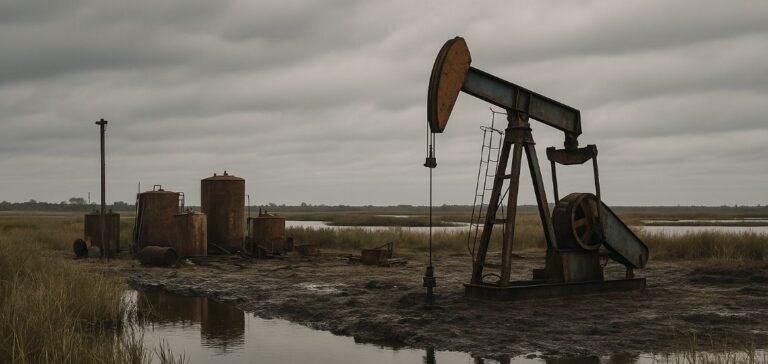Oil company Chevron Corporation has been ordered to pay $745 mn (approximately €693 mn) to the Plaquemines Parish in Louisiana, following a local court ruling delivered on 4 April. The ruling stems from allegations of non-compliance with environmental remediation obligations at an oil extraction site. The initial complaint, filed in 2013, targeted damage to marshlands near New Orleans in the southeastern part of the US state.
The alleged misconduct involves extraction operations previously conducted by Texaco Inc., acquired by Chevron in 2001. According to local authorities, Texaco failed to adhere to a 1978 Louisiana law requiring full site restoration after drilling activities ceased. The failure to comply reportedly resulted in permanently submerged lands, abandoned industrial equipment and lasting pollution of wetland areas.
Sector-wide implications of judicial decision
The jury awarded $575 mn for land loss compensation, $161 mn for environmental damage and $9 mn for equipment abandonment. This is the first ruling among 42 similar lawsuits brought by various Louisiana jurisdictions against oil firms, with total claims amounting to several billion dollars.
Chevron, through its lead counsel Mike Phillips, has stated its intent to appeal, citing “legal errors” during the trial. Though geographically specific, the case highlights broader challenges in post-extraction site management across the United States.
Institutional responses and industry concerns
The Louisiana Mid-Continent Oil and Gas Association (LMOGA) expressed concern over the economic impact of the ruling. In a statement, the trade group said the judgement “weakens Louisiana’s position as a leader in the energy sector”.
The case may also affect future interactions between local authorities and oil operators regarding legacy environmental responsibilities, particularly in ecologically sensitive zones such as Gulf Coast marshlands.






















